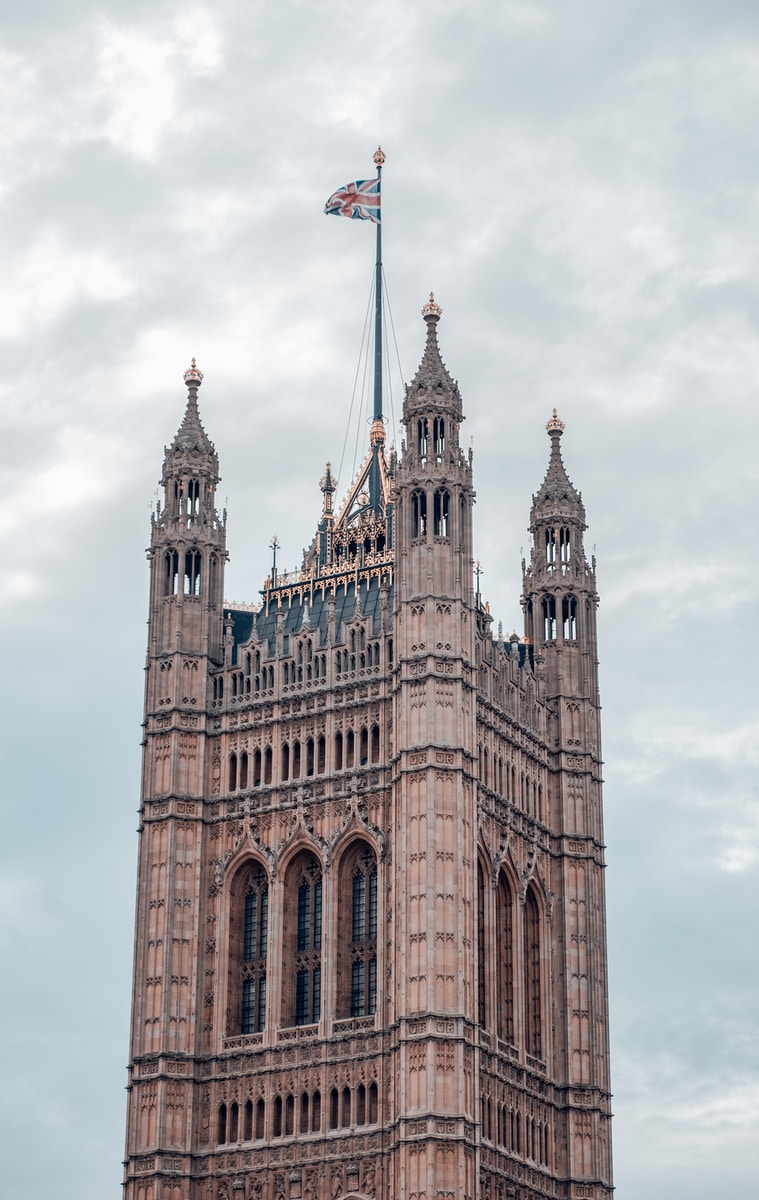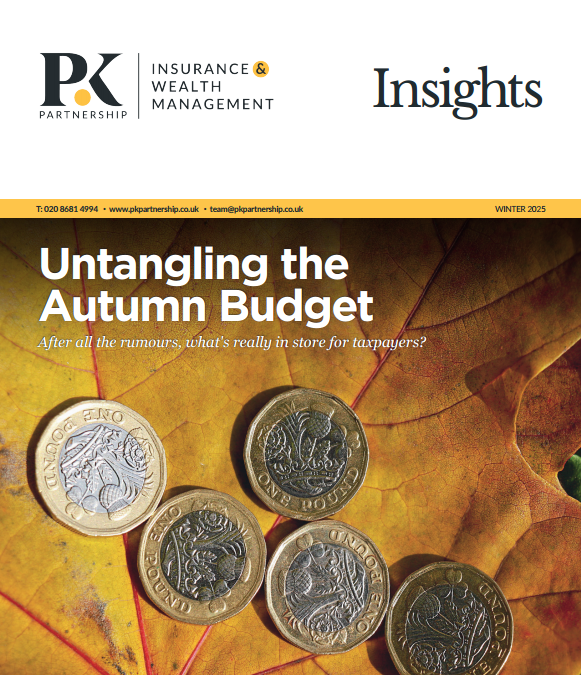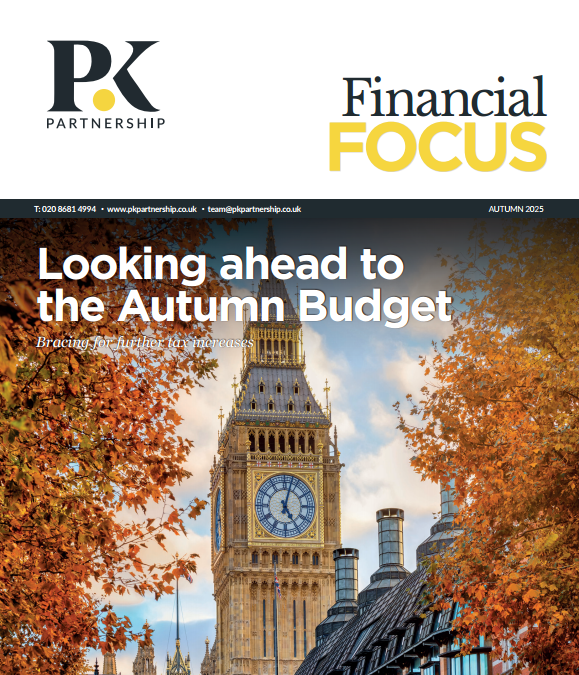September 23, 2022

Mini-Budget 2022
Chancellor of the Exchequer’s Statement – 23 September 2022
This Statement, which has been called a ‘mini-Budget’, is the first fiscal event of Liz Truss’s premiership and takes place against a background of continuing high inflation and energy costs, increasing interest rates and the UK seeming to be moving into recession.
This snapshot gives you a quick summary of the key points announced by the Chancellor from the dispatch box.
More details are available from GOV.UK.
Introduction
The Chancellor announced that the government wants a new approach to growth to achieve a trend growth rate of 2.5% a year through ‘reforming the supply side of the economy, maintaining a responsible approach to public finance and cutting taxes to boost growth’.
Tax
- April 2022’s National Insurance increases will be reversed from 6 November 2022 and the Health and Social Care Levy due to start next year has been abandoned.
- The basic rate of income tax will be cut from 20% to 19% from April 2023.
- The 45% additional rate of income tax will be abolished from April 2023.
- These changes to income tax will not apply in Scotland.
- The 1.25% dividend tax increase which applies across the UK will be reversed from April 2023. Due to the abolition of the additional rate of income tax, dividend tax rates will be set at 7.5% for basic rate taxpayers and 32.5% for higher rate taxpayers.
- Corporation tax will remain at 19% as next year’s increase to 25% is cancelled.
- Office of Tax Simplification will be abolished and HM Treasury and HMRC will have a mandate to focus on simplifying the tax code.
- The 2017 and 2021 reforms to the off-payroll working rules (IR35) will be repealed from 6 April 2023.
Stamp Duty
- The Stamp Duty threshold will increase immediately from £125,000 to £250,000.
- The threshold at which first-time buyers begin to pay Stamp Duty will increase immediately from £300,000 to £425,000, and the maximum value of a property on which first-time buyers relief can be claimed will also increase, from £500,000 to £625,000.
- These changes apply in England and Northern Ireland only.
Pensions
- Draft regulations will be published to reform the DC pension charge cap.
Excise Duties
- Planned increases in duty rates for beer, cider, wine and spirits will be cancelled.
Energy Costs
- The energy price guarantee will limit bills for two years for the ‘average’ household to £2500.
- For businesses, the government has introduced the energy bills relief scheme. This will provide a price guarantee equivalent to the one for households.
Investment Zones
- Investment Zones will be introduced across the UK following discussions with mayoral and local authorities in England and the devolved administrations in Scotland, Wales and Northern Ireland. Investment Zones will benefit from tax incentives, planning liberalisation and wider support for the local economy.
Budget
- The Chancellor is expected to make a full Budget Statement including OBR forecasts before the end of the year.
Contact Us
Should you have any questions or to obtain a quotation please contact us on
020 8681 4994.
Related Articles

Financial Focus: Winter 2025
Welcome to our new-look quarterly Insights newsletter. The Autumn Budget, a winter Budget in all but name appearing as it has only six weeks from Christmas, wasn't too full of festive cheer, with the headline changes being a further extension to the...

Financial Focus: Autumn 2025
In this issue... Attention is turning to the Budget, now scheduled for late November. Having promised that her initial, tax-heavy Budget last year was a one-off, continuing pressures appear to have put that hope into doubt. Our feature in this edition looks ahead to...

Financial Focus: Summer 2025
In this issue... Investors and governments alike have had a turbulent ride as the effects of President Trump's tariff see-saws play out. Continued international volatility and rising living costs mean taking time to focus on financial planning is increasingly crucial....
